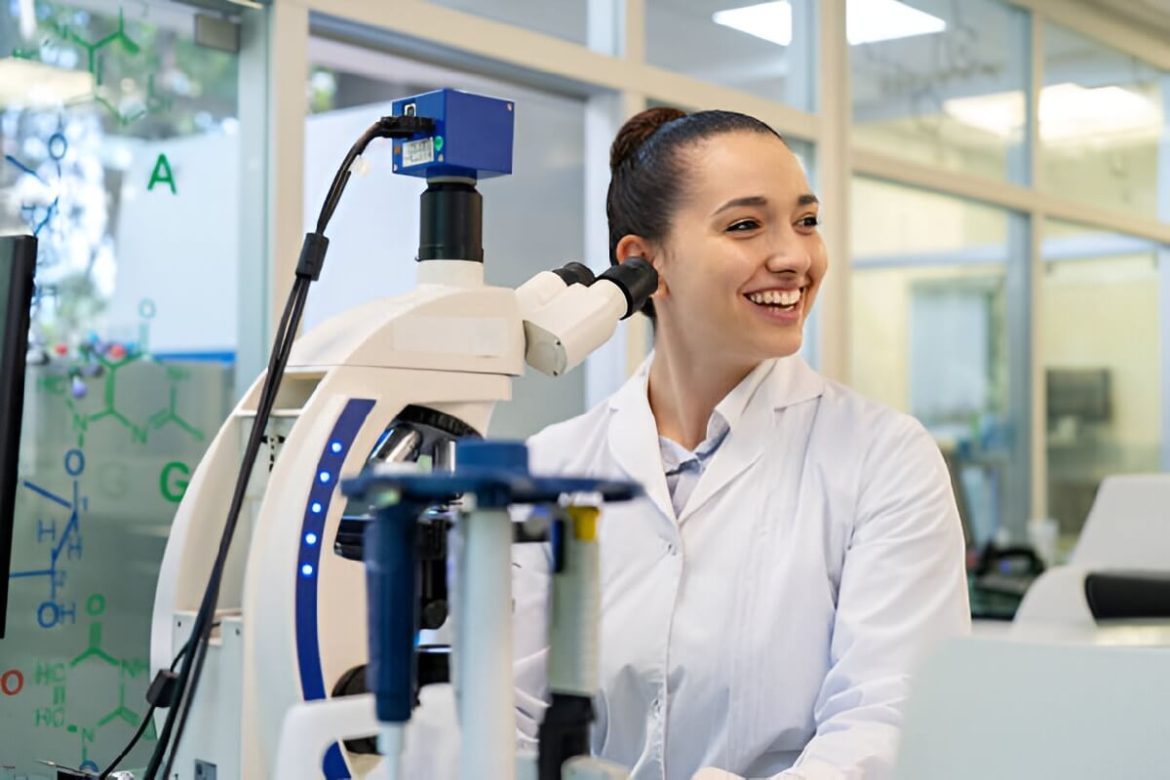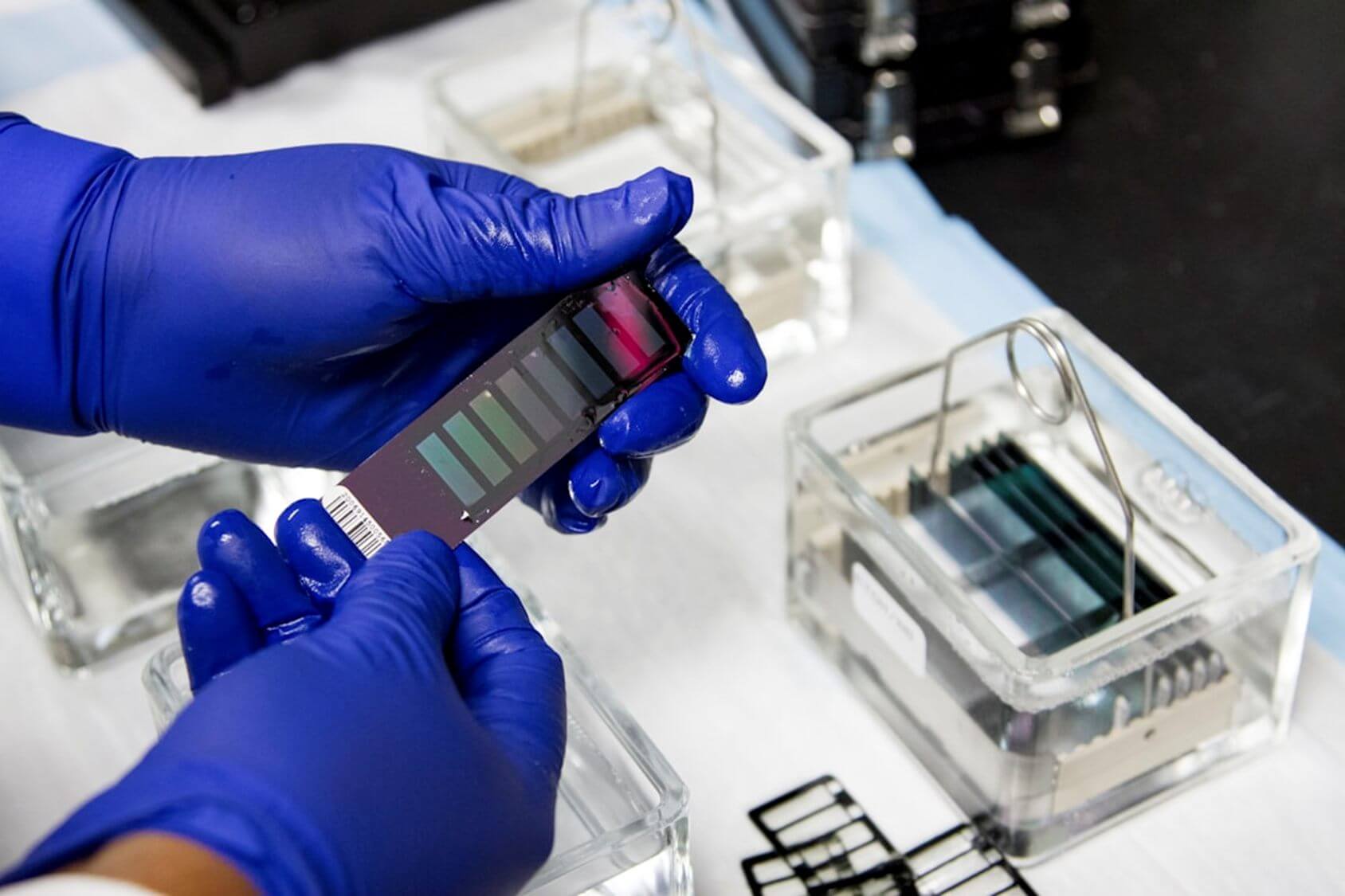Truck Accident Claims in St. Louis – St. Louis is a town nestled in the heart of America’s Midwest. Flanked by the Mississippi River and embracing the Gateway Arch, this town is an important junction for the nation’s cargo and freight. These highways are bustling with semi-trucks crisscrossing paths with other smaller commercial and private vehicles. As a result, the city has witnessed numerous fatal truck accidents in recent years.
In most cases, a collision with a moving truck is brutal. When an 80,000-pound semi-truck rams into a car that weighs roughly 5,000 pounds, you can imagine the destruction. According to a study, the state of Missouri witnessed close to 90 serious truck-related accidents in 2022. This toll represented 8% of all fatal clashes in the state.
These accidents leave behind scars that can take a lifetime to cope with. In addition to serious (and sometimes fatal) injuries, such accidents can inflict deep emotional trauma on the victim and their families. Moreover, for many families, recurring medical bills can be a bigger cause for concern.
If you, or anyone you know, have been a victim of a truck accident, seeking compensation for your losses can be an arduous task. You might want to take legal recourse, but the process can be tiresome and laced with complexities. This blog post will guide you through the intricacies of truck accident laws and equip you with the relevant information to help you make informed choices in the wake of an accident.
Taking Action After the Crash: Your Immediate Steps
The accident can leave you battered and numb, too shocked to register the gravity of the situation. But, what you do in the next few minutes can play a very crucial role in your recovery and future legal proceedings.
Here’s a detailed guide to navigating the chaos:
1. Ensure Safety
Check yourself and others for injuries. You do not need a detailed self-physical examination. If possible, try and assess for minor bumps, bruises, and cuts and if you see severe bleeding or think that the situation is getting serious, dial 911 immediately.
If you can, move your car away from the crash site. Leaving it in the middle of a busy lane poses a threat to other drivers. But, keep your safety at the forefront. If you feel that moving the car could make matters worse, turn on the hazard lights and remain inside. Again, only if you think it is feasible, try and secure the scene. If you see spilled fuel or debris, try to safely push it away from the traffic. Warn oncoming vehicles by waving and directing them toward the other lane.
2. Call for Help (and Documentation)
The first thing that you need to do, the nature of injuries notwithstanding, is to dial 911 and call for help. Police personnel can record the event formally and determine liability, a critical step for your insurance claims as well as potential lawsuits. If you can, try and click photos and recordings of the site. You can take pictures of the damaged vehicles, the crash site, and any visible injuries. These pictures can serve as important pieces of evidence in the future.
Once you have been attended to and are in a better state of mind, write down everything you can recall about the accident. Details such as the truck’s license plate number and the chronology of events are important for piecing together what happened.
3. Prioritize Your Wellbeing
As soon as you see a professional, seek medical attention. Early diagnosis and treatment can help in your recovery. Even though it might get overwhelming and tiresome, try and keep track of all medical bills, receipts, and lost wages. Detailed documentation of these expenses can come in handy when you are fighting for compensation in the future. You will need to act fast. According to TorHoerman Law, most states give a truck accident victim two years to file a complaint.
You can contact a St.Louis truck accident lawyer to kickstart your fight for justice. They can advise you on the legal options at your disposal, negotiate insurance claims on your behalf, and assist in seeking compensation.
Navigating the Complexities of Truck Accidents in St. Louis
Truck accidents bring about a complex legal scope that differentiates them from car accidents. In Missouri, the negligence of truck drivers and companies involves multiple levels of rules, encompassing both state and federal regulations.
Noteworthy among these are the standards established by the Federal Motor Carrier Safety Administration (FMCSA), concerning motor vehicles, and the specific licensing criteria imposed on truck drivers. These regulations place more stringent responsibilities on trucking entities, influencing factors such as:
– permissible driving hours
– the maintenance of vehicles
– the loading of cargo, and
– the overall adherence to safety protocols.
The Shifting Burden of Proof: Strict Liability and Negligence
The state law handles truck and car accidents in different ways. For cases concerning trucks, it resorts to a concept known as strict liability. According to this theory, the burden of proof lies with the trucking company. What it means, is that the company will be held responsible for any damage that its trucks cause, even if the driver is not directly at fault.
The trucking company has to prove its compliance with the safety regulations in order not to be sued. Here, it’s important to note that proving the driver’s negligence through traditional negligence claims can also be critical for the success of the lawsuit.
Comparative Fault: Sharing Responsibility
Missouri follows a comparative fault system. Under this system, the blame for the incident is proportionately assigned to the plaintiff and the defendant, based on their contributions to the crash.
Consider a scenario where a speeding truck rams into a car that has made a minor lane change. If it is concluded that the truck’s contribution to the accident was 70%, they would be liable for 70% of the damages to be paid to the car driver. This system plays a big role in calculating potential compensation accurately.
In conclusion, road accidents can be devastating. Your life can change in the blink of an eye. In the wake of such an incident, the recovery becomes both personal and legal. You must stay abreast with the latest legal developments in road and compensation laws. Simple steps like consistently wearing a seatbelt, avoiding calls while driving, refraining from overtaking, and adhering to local traffic rules can make a big difference in keeping you safe.













